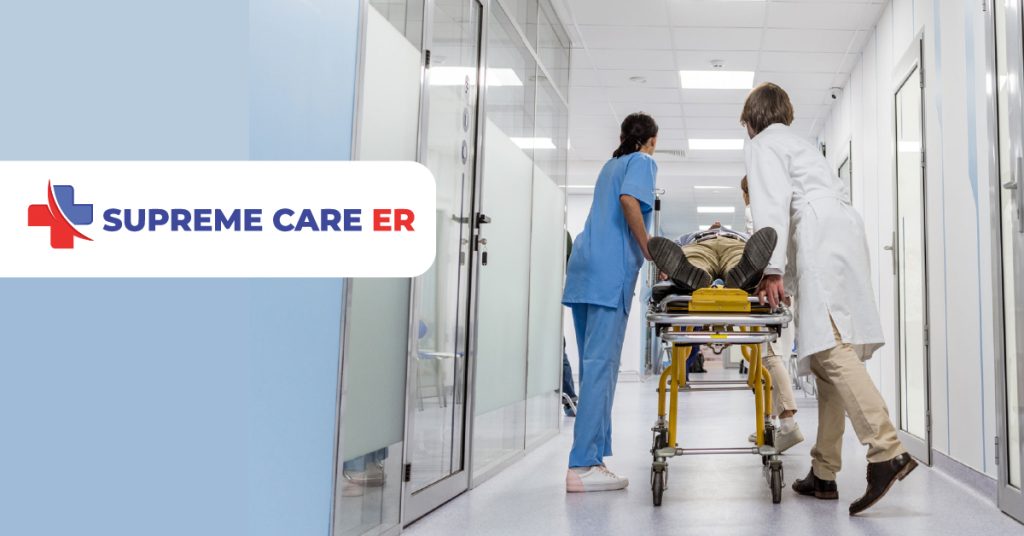Spring Allergies, Causes, Symptoms, and When to Go to the ER
The weather is finally warming up, and flowers are starting to bloom. Still, the beautiful sight of nature’s awakening can wreak havoc on your health if you have seasonal allergies.
Every year some 81 million Americans experience spring allergies. This year you could be one of them, highlighting the importance of knowing the causes, common symptoms, and when an allergic reaction needs immediate medical attention.
At Supreme Care ER the finest emergency room in Cypress Texas, we’re happy to provide you with the emergency care that you need in the event of a medical emergency.

What Causes Spring Allergies?
Pollen from weeds, trees, grass, and flowing plants is the primary cause behind your seasonal allergies. When plants release their pollen, it can enter our system, causing our immune system to produce an allergic reaction.
Aside from pollen, dust, mold, and pet dander are other common allergens that cause millions of Americans to feel miserable during this time.
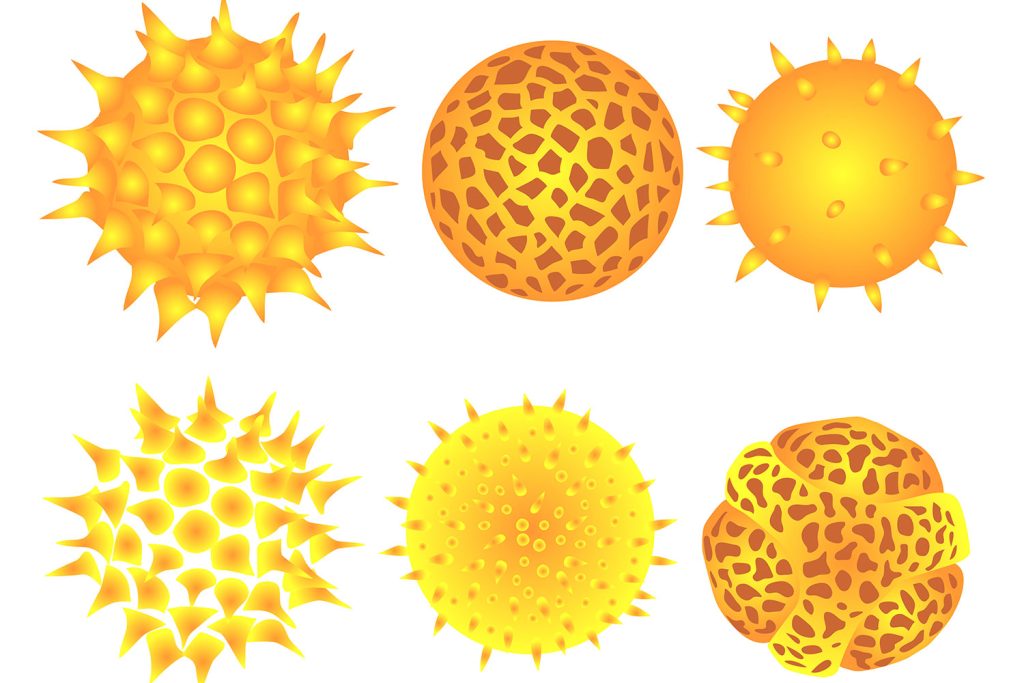
Common Symptoms of Spring Allergies
Allergies can cause many uncomfortable symptoms, including:
- Itchy, watery eyes
- Scratchy throat
- Itchy nose
- Runny nose
- Postnasal drip – drainage from the nose down the back of the throat
- Temporary loss of smell due to congestion and inflammation
- Sneezing
- Fatigue
- Cough
- Headache
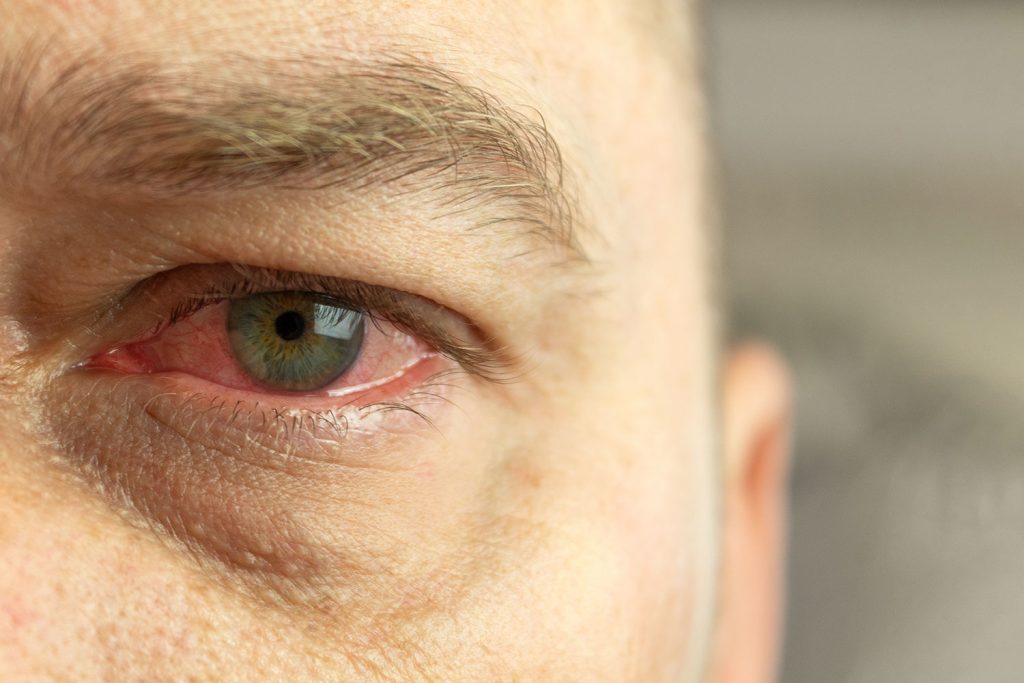
Severe Complications of Spring Allergies
The symptoms listed above usually range from mild to moderate and rarely require medical intervention. However, the same allergens can trigger more severe conditions, such as:
- Asthma
- Sinus infections
- Anaphylaxis – A severe allergic reaction that can be life-threatening without prompt medical attention

Asthma
Allergies and allergic asthma often occur together because they share many common triggers or allergens.
During an allergic reaction, our immune system releases antibodies to counterattack allergens. These antibodies can result in typical spring allergies symptoms such as nasal congestion, itchy eyes, runny nose, and skin reactions. However, for some people, this same reaction can also lead to inflammation in the airways, causing asthma symptoms.
If your asthma symptoms become severe and don’t respond to the use of a rescue inhaler, then you may need to visit the ER to receive more advanced treatment.
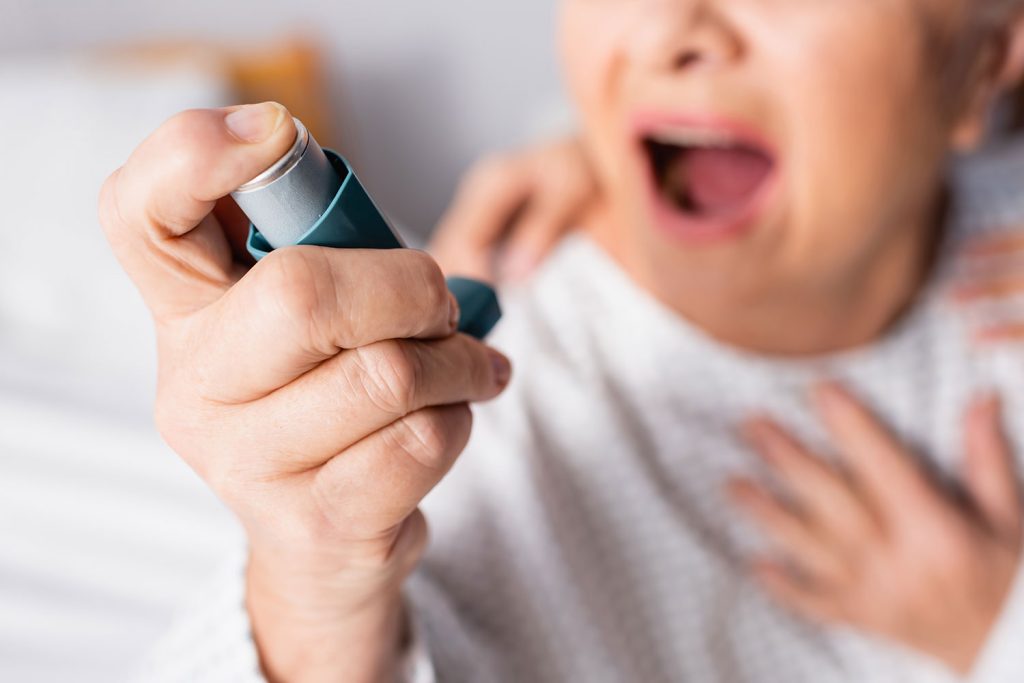
Sinus Infections
Sinus infection or sinusitis affects 31 million people in the United States annually.
Sinus infections occur when the tissue lining the sinuses becomes inflamed or swollen. When this happens, the sinuses become blocked and fill with fluid creating a breeding ground for germs to grow and cause an infection.
Spring allergies can trigger inflammation in the sinus, increasing the risk of infection.
Symptoms:
- Pain or pressure in the face
- Congestion
- Loss of smell
- Runny nose
- Cough
When left untreated, sinus infections can become severe, requiring medical attention.
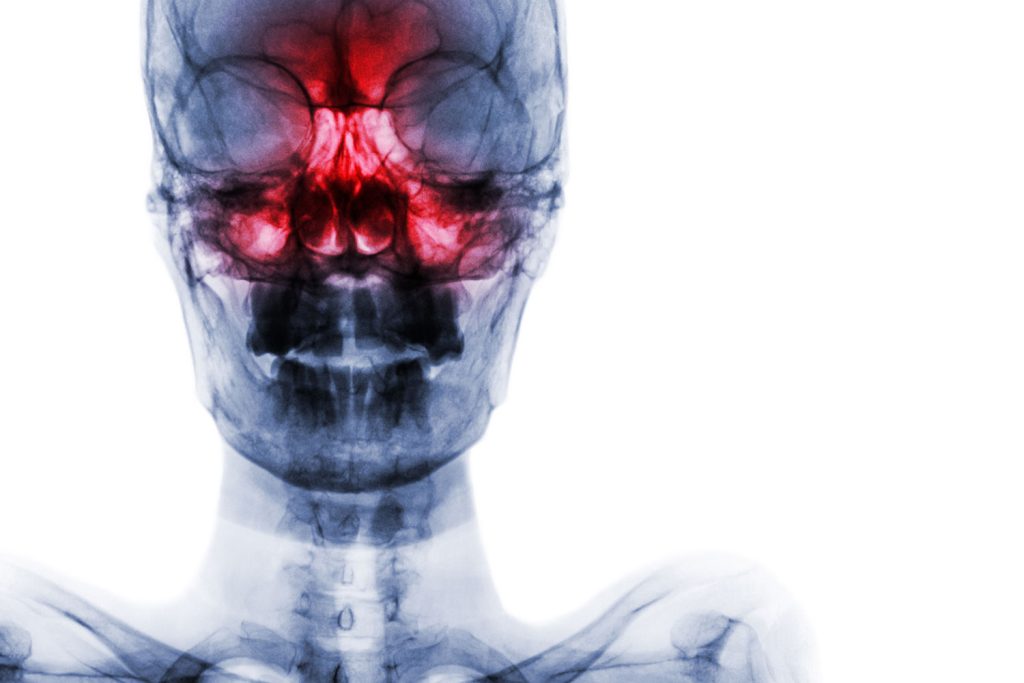
Anaphylaxis
Most of the time, people with spring allergies develop mild to moderate symptoms. But for some people, exposure to common spring allergens can cause a life-threatening allergic reaction known as anaphylaxis.
Anaphylaxis occurs when the immune system over-releases chemicals to combat the allergens. The excess chemicals can send the individual into shock.
Symptoms
Anaphylaxis is a time-sensitive emergency because symptoms develop suddenly and progress quickly. The following symptoms are warning signs to seek immediate medical attention:
- Trouble breathing
- Tightness of the throat
- Hives
- Swelling
- Hoarse voice
- Abdominal pain
- Nausea
- Vomiting
- Dizziness
- Loss of consciousness – fainting
- Rapid heartbeat
- Low blood pressure
- Cardiac arrest

When to Go to the ER
Please call 911 if you suspect someone has anaphylaxis.
Also, please rush to the ER whenever you experience any of the following:
- Trouble breathing
- Rash or hives in any part of your body
- Severe asthma attack
- Sudden weakness – this may be a sign of low blood pressure
At Supreme Care ER, our trained doctors, nurses, and state-of-the-art art technology are available 24/7 to help you overcome every type of medical, emergency including severe allergic reactions.
At Supreme Care ER in Houston, the finest emergency room in Cypress, Texas, we’re happy to provide you with the emergency care you need in the event of a medical emergency. We are conveniently located at 9530 Jones Road, Houston, Texas, 77065. We’re fast and remain open 24 hours year-round.

Where to go in Case of an Emergency?
At Supreme Care ER, our doors remain open to provide the very best ER care for you and your family. We’re located at 9530 Jones Road, Houston, Texas 77065.








